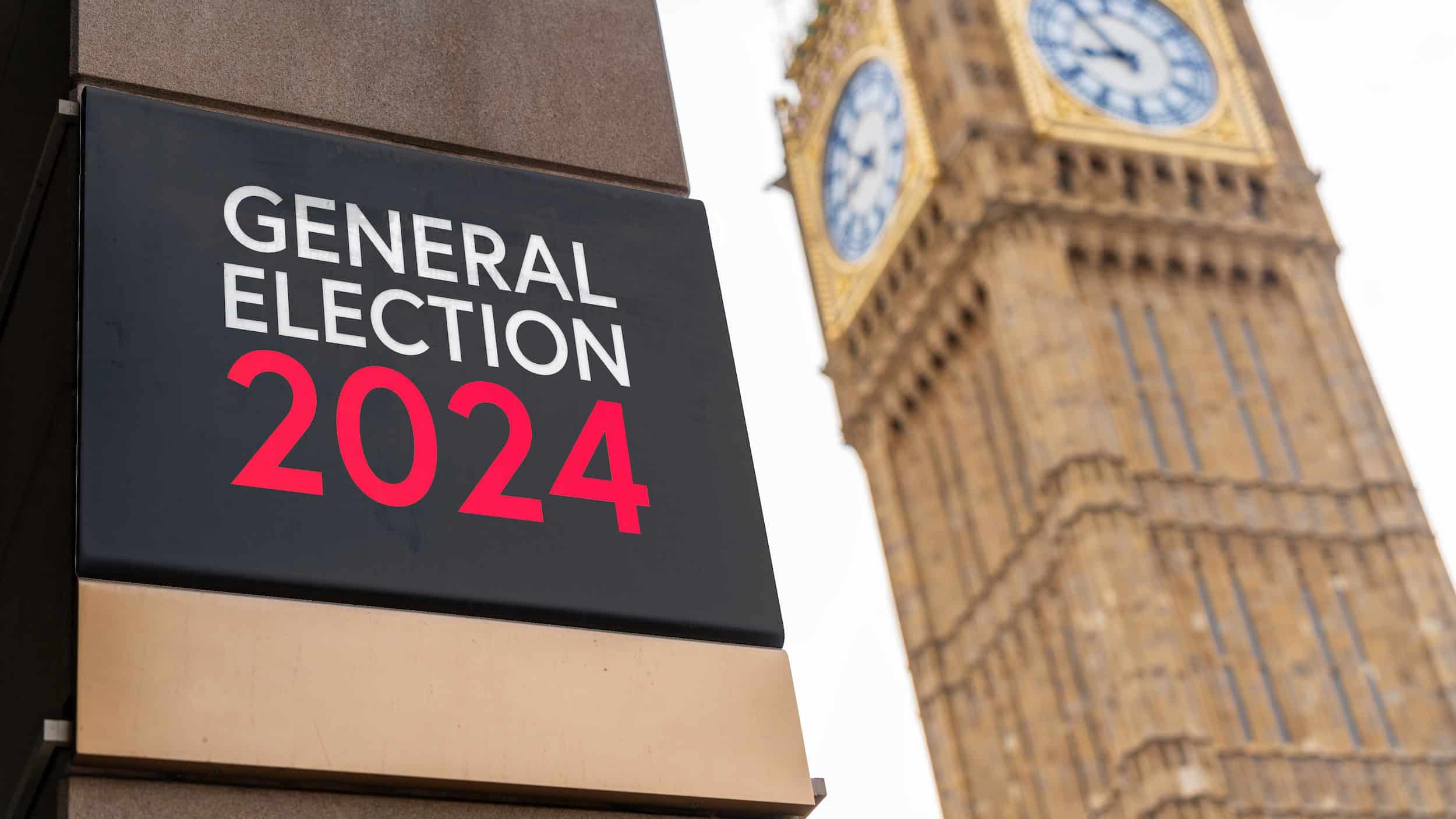
5 September 2025
|Whistleblowing
A closer look at reasonable belief in whistleblowing claims
Whistleblowing cases often turn on whether a disclosure is a qualifying one afforded protection under the law. In a recent case, Argence-Lafon v Ark Syndicate Management Limited [2025] EAT 124, the Employment Appeal Tribunal (EAT) considered exactly that.
The basics of whistleblowing
To qualify for whistleblowing protection, a worker must disclose information which, in their reasonable belief:
- Tends to show a failure or wrongdoing (for example: a criminal offence, breach of a legal duty, danger to health and safety, damage to the environment, or covering up any of these).
- Is made in the public interest.
If these conditions are met, the disclosure is a qualifying disclosure. Workers are then protected from dismissal or other detriment because of that disclosure.
What happened in this case?
The Claimant, an insurance underwriter, raised repeated concerns about a large insurance claim submitted by ENI, an Italian oil company, following an alleged oil well blowout in Vietnam. He suspected the claim was fraudulent and warned colleagues that Ark could be breaching its legal obligations by paying out without further investigation.
Ark investigated thoroughly, found no fraud, and communicated this. However, the Claimant continued to insist fraud was involved.
Later, the Claimant was put on a performance improvement plan (PIP). He refused to engage with it, believing it was retaliation for his whistleblowing. Ultimately, he was dismissed for a breakdown of trust and confidence after repeatedly accusing the company of fraud and refusing to participate in the PIP.
He appealed the dismissal internally, but Ark upheld the decision to dismiss. The Claimant then brought claims of whistleblowing detriment, automatic unfair dismissal, and ordinary unfair dismissal to the Employment Tribunal.
The Employment Tribunal’s (ET) decision
The ET agreed that the Claimant’s initial disclosures qualified as protected disclosures. However, after expert reports confirmed the validity of the insurance claim, the ET found that it was no longer reasonable for him to continue to believe wrongdoing. Thus, his accusations did not qualify as protected disclosures.
The dismissal was not automatically unfair – while some of his disclosures were protected, he was dismissed for his behaviour, not for making disclosures.
The dismissal was still procedurally unfair, because Ark did not investigate the fairness of the PIP objectives and failed to warn the Claimant that a “breakdown of trust and confidence” would be considered at the disciplinary hearing.
The Employment Appeal Tribunal’s (EAT) decision
The EAT upheld most of the ET’s findings, notably:
- The ET had not made any error in law in deciding which disclosures were protected.
- The dismissal was not principally because of protected disclosures.
But, the EAT did send part of the case back to the tribunal for reconsideration: it found that the ET had not properly considered whether the appeal process might have “cured” the procedural flaws made during the initial dismissal.
Key Takeaways
- The case underlines the difficulty of overturning factual findings on appeal: the EAT is a court of law, not fact.
For individuals
- Whistleblowing protection depends on a reasonable belief. Once credible evidence disproves wrongdoing, persisting with the same allegation may fall outside that protection.
- Even if whistleblowing isn’t the cause of dismissal, an employer must still follow a fair process.
For employers
- Be supportive of employees raising concerns of wrongdoing and ensure vigorous investigation of their claims.
- Document your handling of claims concerning wrongdoing from the start – this record can be crucial if challenged later.
- Ensure PIP objectives are fair and reasonable. Do not introduce new allegations at disciplinary hearings.
- A thorough and fair appeal process can sometimes correct earlier procedural flaws.
How Farore Law can help
Speaking up at work isn’t easy, and many people worry about what might happen if they do. The law is there to protect whistleblowers, but cases like this show how complicated things can get.
At Farore Law, we advise individuals who have raised concerns and then faced unfair treatment, whether that’s being put on a PIP, disciplined, or even dismissed. We’ve helped clients challenge their employers and secure fair outcomes.
If you’ve blown the whistle and are worried about the consequences, we can talk you through your options and help protect your rights. Contact us today.









